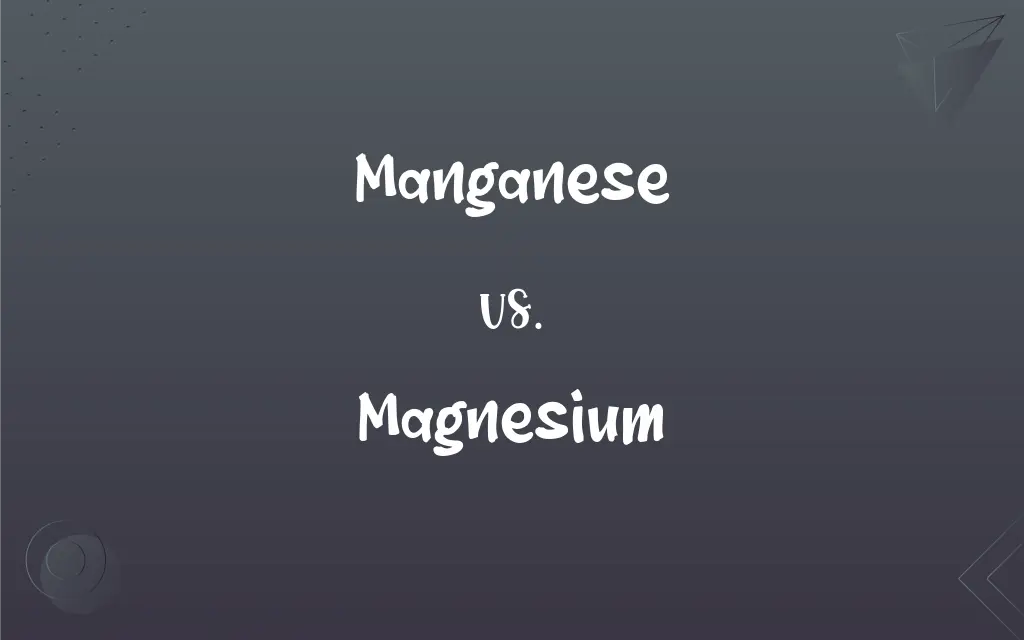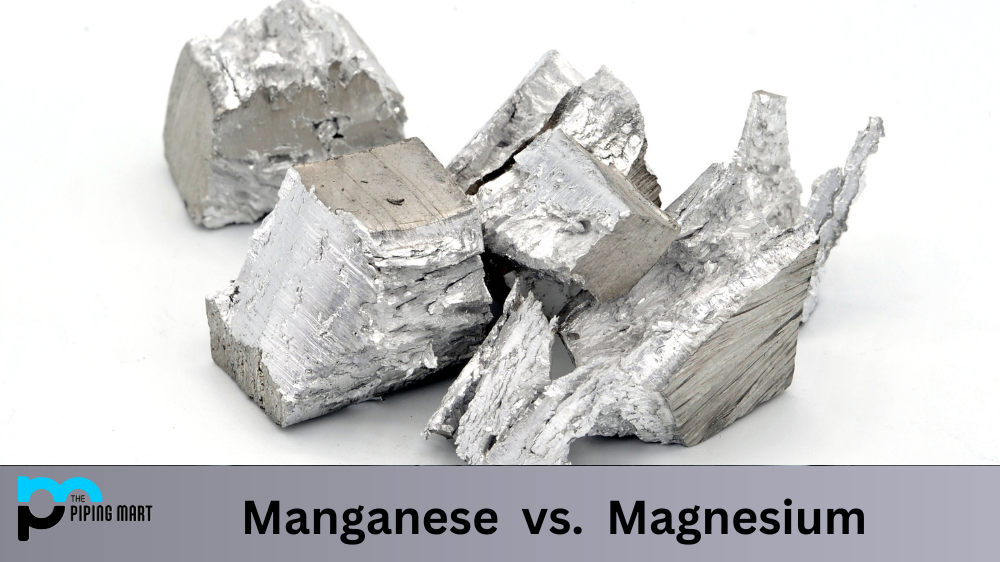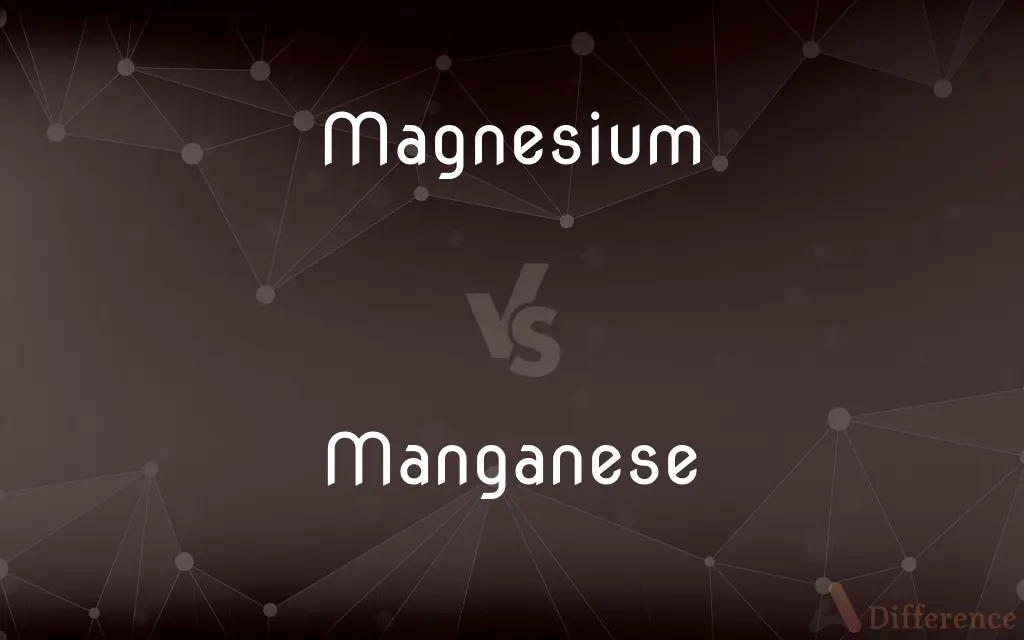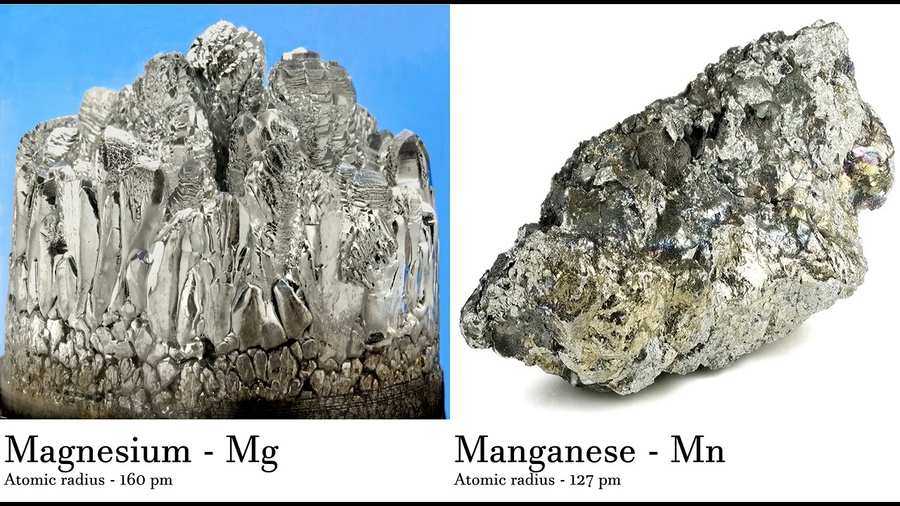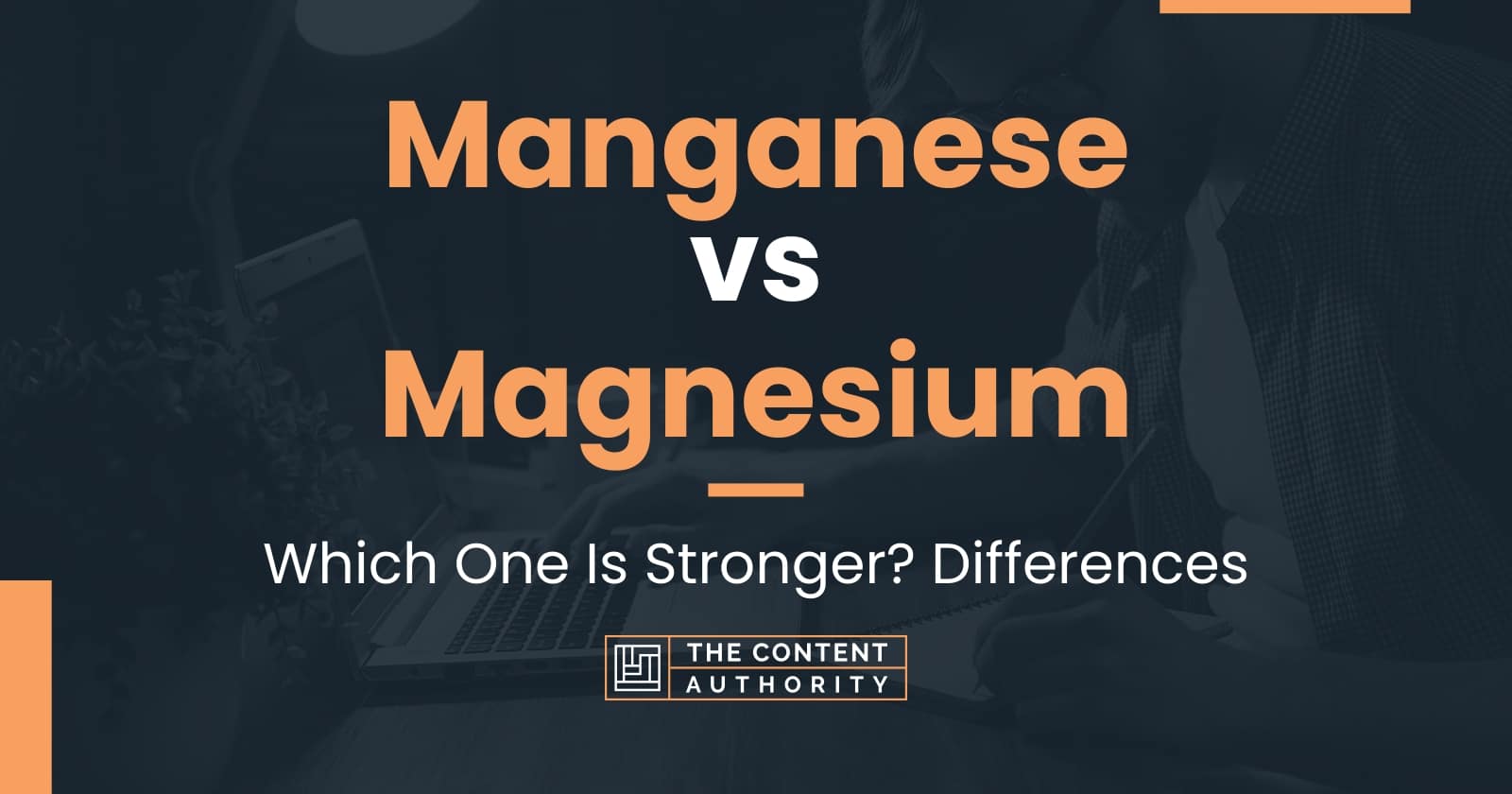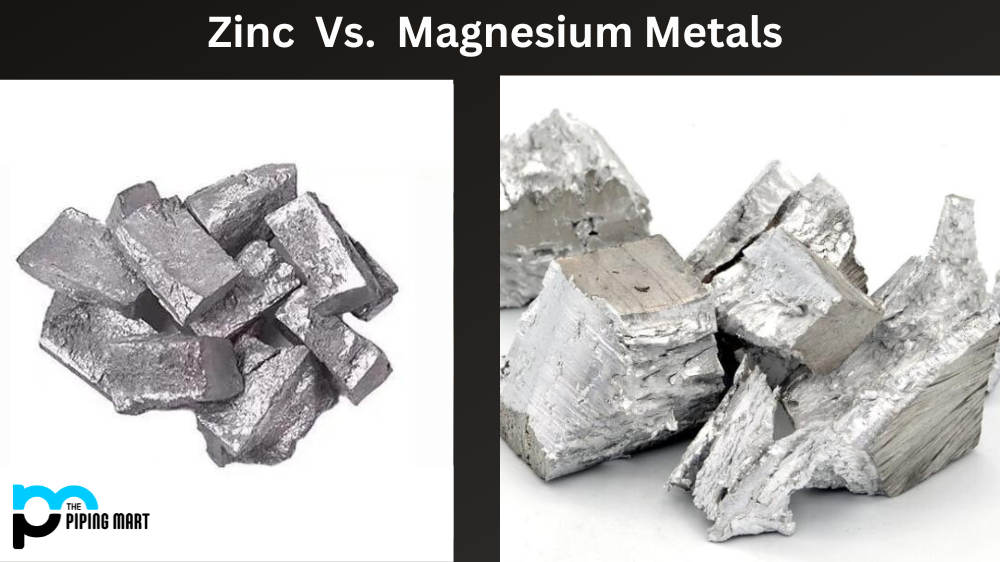What's The Difference Between Magnesium And Manganese
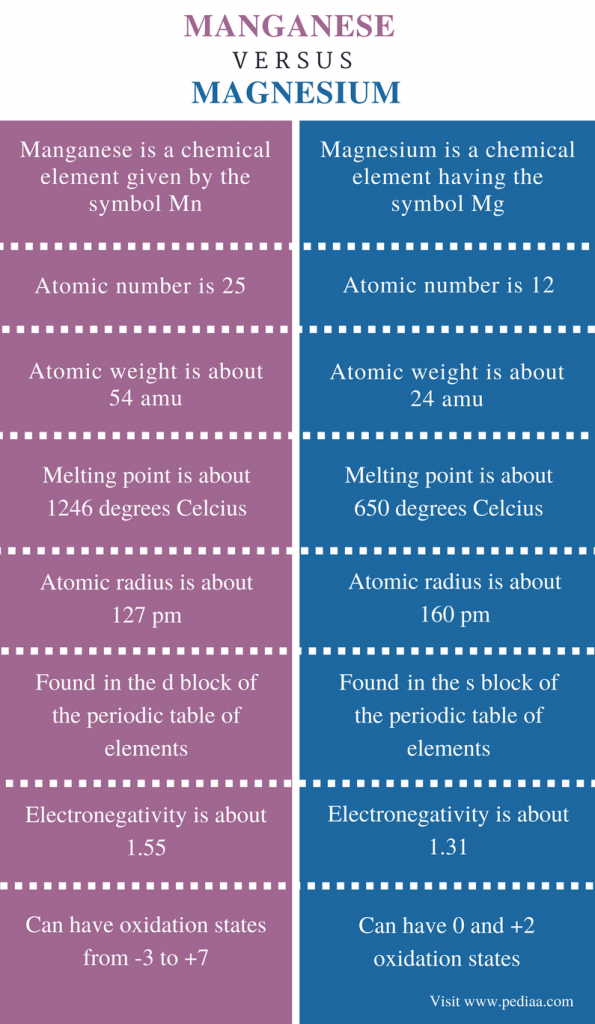
Imagine strolling through your garden, vibrant greens bursting from the soil. You carefully nurture each plant, ensuring they receive the right balance of sunlight, water, and nutrients. But what if something's missing? What if a subtle deficiency is holding back their potential? It's easy to overlook the unsung heroes working behind the scenes, like magnesium and manganese – two minerals often confused but essential for life.
At first glance, the names magnesium and manganese might sound similar, even interchangeable. However, these two minerals play distinct and vital roles in human health, plant life, and even industrial processes. Understanding their individual functions and differences is crucial for optimizing your well-being and that of your garden.
The Magnesium Marvel
Magnesium (Mg), the twelfth element on the periodic table, is an abundant mineral found naturally in the Earth's crust, oceans, and all living things. It’s a key player in over 300 enzymatic reactions within the human body, making it a cornerstone of overall health.
Magnesium's Role in Human Health
Magnesium is crucial for energy production, helping to convert food into usable fuel. It also plays a vital role in muscle and nerve function, ensuring proper communication between the brain and body.
Furthermore, magnesium helps regulate blood sugar levels and blood pressure, contributing to cardiovascular health. It even supports bone health by aiding in calcium absorption.
According to the National Institutes of Health (NIH), adequate magnesium intake is associated with a reduced risk of several chronic diseases, including type 2 diabetes, cardiovascular disease, and osteoporosis.
"Magnesium is truly a workhorse mineral, involved in a vast array of biological processes," says Dr. Emily Carter, a registered dietitian specializing in mineral deficiencies. "It's essential to ensure you're getting enough through diet or supplementation."
Dietary Sources of Magnesium
Magnesium is readily available in a variety of foods. Leafy green vegetables like spinach and kale are excellent sources, as are nuts, seeds, and whole grains.
Legumes, avocados, and dark chocolate also contribute to your daily magnesium intake. A balanced diet rich in these foods can help maintain optimal magnesium levels.
However, modern diets often fall short, and factors like stress and certain medications can deplete magnesium levels. In such cases, supplementation may be necessary under the guidance of a healthcare professional.
The Manganese Maestro
Manganese (Mn), the twenty-fifth element, is another essential trace mineral. Though required in smaller amounts than magnesium, manganese is equally important for various biological functions.
Manganese's Role in Human Health
Manganese is a vital component of several enzymes involved in metabolism, antioxidant defense, and bone development. It also plays a role in wound healing and the metabolism of carbohydrates, amino acids, and cholesterol.
Superoxide dismutase (SOD), a powerful antioxidant enzyme, relies on manganese to neutralize harmful free radicals, protecting cells from damage. Manganese contributes to cognitive function and nerve health, supporting overall brain health.
According to a study published in the Journal of Nutrition, manganese deficiency can impair bone formation and increase the risk of osteoporosis.
Dietary Sources of Manganese
Manganese is found in a variety of plant-based foods, including whole grains, nuts, seeds, and legumes. Tea is also a good source of manganese, as are leafy green vegetables.
Shellfish, such as mussels and clams, can contribute to your manganese intake. Ensuring a diverse diet is key to obtaining sufficient manganese.
While manganese deficiency is relatively rare, certain medical conditions and dietary restrictions can increase the risk. Consulting a healthcare professional is recommended if you suspect a deficiency.
Magnesium vs. Manganese: Key Differences
While both are essential minerals, magnesium and manganese differ significantly in their roles and required amounts.
Magnesium is needed in larger quantities and plays a broader role in energy production, muscle function, and blood sugar regulation. Manganese, on the other hand, is a trace mineral that focuses on enzyme function, antioxidant defense, and bone development.
Think of magnesium as the supporting actor in a blockbuster movie, handling a wide range of essential tasks. Manganese is the specialist, excelling in specific, crucial roles behind the scenes.
Potential for Confusion
The similarity in names can lead to confusion, especially when reading supplement labels or researching nutritional information. It's crucial to pay close attention to the specific mineral being discussed and its recommended daily intake.
Symptoms of deficiency can sometimes overlap, making it even more important to consult with a healthcare professional for accurate diagnosis and treatment. Self-treating with supplements can be risky and may lead to imbalances.
Always read labels carefully and seek professional advice when making dietary changes or considering supplementation.
The Bigger Picture
Understanding the difference between magnesium and manganese is more than just a matter of nutritional trivia. It's about recognizing the intricate dance of micronutrients that sustains life.
By prioritizing a balanced diet rich in whole foods, we can ensure our bodies receive the building blocks they need to thrive. Paying attention to these essential minerals is an investment in long-term health and well-being.
So, the next time you're planning your meals or tending to your garden, remember the unsung heroes working tirelessly behind the scenes: magnesium and manganese.
Conclusion
The journey through the world of minerals often reveals the hidden complexities of life. While magnesium and manganese may sound alike, their unique roles highlight the beauty of biochemical precision. By appreciating the nuances of each mineral, we can foster a deeper understanding of our health and the world around us. It's a reminder that even the smallest components can have a profound impact.
